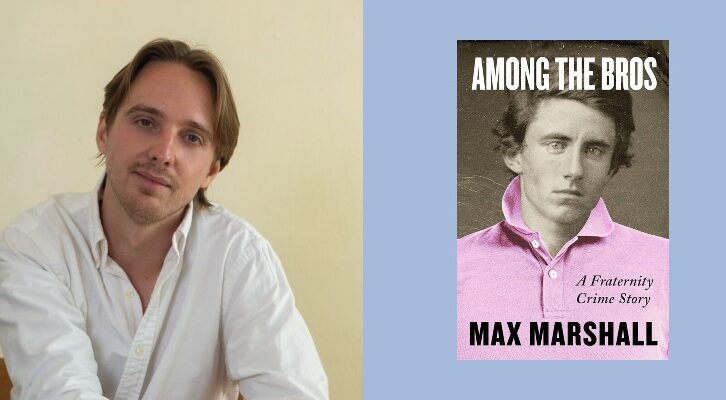On the “Peace” Conference That Changed the 20th Century
Historian Margaret MacMillan in Conversation on Baillie Gifford’s Read Smart Podcast
The latest episode of The Read Smart podcast features Razia Iqbal speaking to Margaret MacMillan, author of Paris 1919, formerly titled Peacemakers, about how the book casts a new light on the negotiations that influenced the modern world. The first woman to ever win the Baillie Gifford Prize in 2002, MacMillan explores the fascinating figures behind the peace process and what could have been done differently to avert World War Two.
Listen now to hear all about it. The podcast is generously supported by the Blavatnik Family Foundation. For more podcasts from The Baillie Gifford Prize, click here. Follow @BGPrize on Instagram, Facebook, Twitter, TikTok and YouTube.
On challenging established narratives
Margaret MacMillan: I didn’t mean to challenge any ideas. I just simply became fascinated with the Paris peace conference that took place at the end of the First World War. Partly because so many things were discussed there that still matter in our world and still mattered in the beginning of the 21st century. And I just became obsessed with it, I suppose, and I started to read about it. And I found there was no single book on the whole conference.
And I said, well, someone should write it. And then I thought, maybe I’ll try, which was very, you know, slightly mad. I just kept working on it and I ended up some following the evidence. And I decided that perhaps what happened in Paris wasn’t as bad as everyone thought and did not lead directly to the Second World War.
*
On why the conference was unique
Margaret MacMillan: What is so fascinating, I think, amongst other things about it, is that some of the most important people of the world, the president of the United States, the prime minister of Britain, the prime minister of France, all came to Paris and stayed there for six months. I can’t imagine that ever happening again.
I mean, when heads of important countries meet today, they meet for two and a half days at most. The idea that there you had all these people, plus a whole host of petitioners, because this was the centre of power in the world. So if you wanted something done, if you were women, what about if you were Africans who wanted freedom? If you were black Americans who wanted civil rights, you came to Paris because that’s where the centre of power in the world was for six months.
*
On conflicting national interests at the conference
Margaret MacMillan: What I think what often happens when a war ends, the fact of the war, particularly if it’s a major war, will hold the winning side together and the losing side will probably disintegrate. But once the war is over, inevitably, I think differences and alliances begin to come out and national interests begin to reassert themselves.
And so what Clemenceau and many of the French wanted was security. What the British wanted was destruction of the German fleet, because that had challenged their control of the seas and they wanted to get hold of German colonies.
So you get all these different national interests coming out and then you have Woodrow Wilson, the American president, who said very clearly, we don’t want anything for ourselves.
What Woodrow Wilson wanted was a world order which would try and get rid of war. The other really big idea was the idea of self-determination, which came very much from Wilson. He seems to have thought that people should have the right to choose their own governments. But I don’t think he meant that every single group who defined themselves as a separate people should necessarily have an independent country.


















